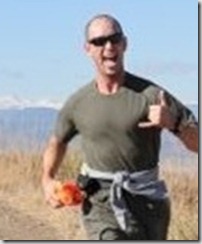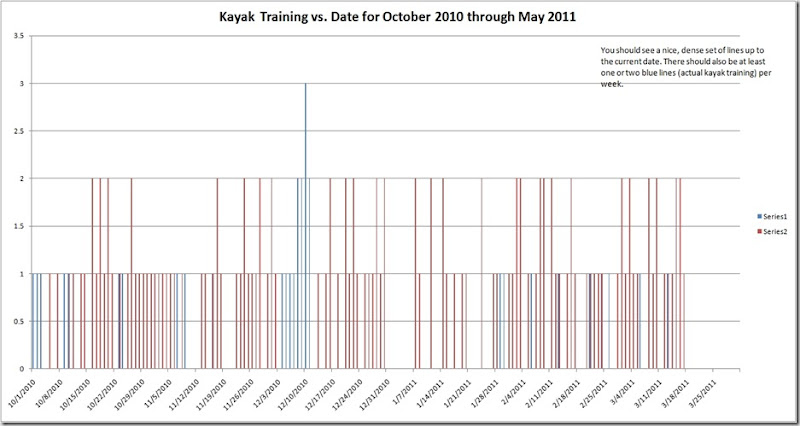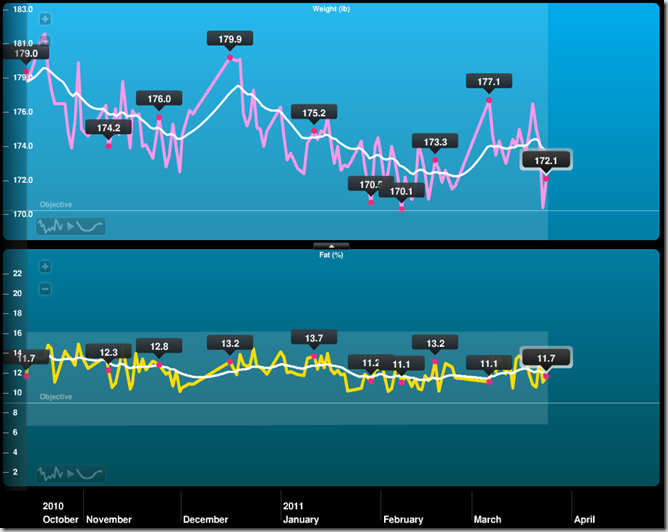10,000 hours. 10 years. Either way, it’s a lot of time and it’s how much time they say one needs to commit towards an activity to become an expert. But even then, putting in time isn’t enough. According to Geoff Colvin in his book, Talent is Overrated, the key ingredient is Deliberate Practice. While the topic of deliberate practice is extremely compelling, I have discovered that the simple act of being deliberate is sufficient to lead a more productive, meaningful life.
Being deliberate means that you aren’t acting haphazardly, you aren’t swaying in the wind, and you aren’t blaming the world for your situation. It means that you have made a conscious choice to affect your own outcome from the smallest of situations to decade-long endeavors. It’s the difference between just getting by and having a smile on your face every day. And it’s what I believe is the linchpin to Victor Frankl’s logotherapy that was described in his seminal book, Man’s Search for Meaning. Because when a choice is deliberate, there is purpose, and when there is purpose, there is meaning.
It is always fine to believe in something based on what you have been taught, but I find it infinitely more convincing to grasp a concept based on personal experience. Last summer, I found myself kayaking 7 days a week during the peak run-off, and I couldn’t be happier as I pushed the limits of my body and engaged in the physical world. After a few weeks of this, I realized that the water levels would recede and with it my exciting participation. I was presented with a vision of gloom and I made a choice. It wasn’t a mind-blowing choice, but it was an important choice. As the kayaking season slowed down, I would ramp up running with a half-marathon goal for the autumn. And that is exactly what I did. My evenings slowly switched from Clear Creek outings on the water to south Boulder outings on the trail, and my enthusiasm never waned. The weeks and then the months passed, my days on the water became more rare, and my time on my feet increased dramatically. Even before the half-marathon came, I believe that I reached the apex of my running when was on the trail for 2 hours or more and was then hopping in my kayak for an afternoon of autumn boating. The feeling was truly glorious.
But still, I felt the winter months looming before me and a fear that I would descend into a lethargic slumber full of calories and television and lacking in warmth, exercise, and participation. Coming to this realization was half of the gift I received that autumn. Making a choice on how I would deal with the situation was the second half of the gift. Rather than letting the dwindling daylight and sinking temperatures pull me into a state of psychological, physical, and spiritual hibernation, I made the deliberate choice to continue to engage my mind and my body throughout the winter months so that as spring and summer approached, not only would I not be a portly, pastey Pat, but I would be leaner, stronger, and better educated than I had been 6 months prior.
My plan was simple. I would cross-train throughout the winter months in order to be in better shape for the 2011 kayaking season. Everyone says they are going to cross-train. No one, well almost no one follows through on it. This was before I read Talent is Overrated, yet I knew that I needed to do something different, something that would keep me motivated and going strong when it times were tough. There is a saying that, “What can be measured can be improved” and as a control systems engineer, I have wholeheartedly believed in this theory for more than a decade. I decided that I would formulate a series of different types of workouts and then I would track the frequency of these workouts throughout the winter.
 First off, I decided that the best way to stay in shape for kayaking is to be in a kayak. Granted, I knew that whitewater kayaking on a regular basis throughout the winter wasn’t going to be practical, so I decided that my goal would be to get out in my kayak once a week, whether it was on whitewater, flatwater, or in a pool. Nice. Now I had a goal and was beginning to act deliberately. But being in a kayak once a week isn’t enough to escape the slob within me that was dying to escape during the winter months. Next, I found a half-marathon to run in mid-April which would require me to actively train starting in February and to maintain a base from November through January. Now I was getting somewhere. Then, I decided that if I were a pro athlete, I would train in the gym on regular basis in the off season with a focus on exercises that directly pertain to my sport. So what if I’m not a professional athlete, this is the good ole’ U-S-of-A and I can train like I’m one if I want to. I set about writing up a detailed workout plan with exercises that specifically targeted kayaking motions and then I expanded it to include a purposeful workout to do when I was in the pool in my kayak. Finally, I put together a spreadsheet to keep track of all my training activities as a function of time. Yup, it’s nerdy. But you know what, it worked. And it gets even nerdier. I had some Amazon.com credit burning a hole in my pocket, so I ordered a Withings WIFI digital scale that automatically posts body weight and body fat measurements to their website for logging and analysis. This tool provided yet another method of measuring my progress, so I could then manage it.
First off, I decided that the best way to stay in shape for kayaking is to be in a kayak. Granted, I knew that whitewater kayaking on a regular basis throughout the winter wasn’t going to be practical, so I decided that my goal would be to get out in my kayak once a week, whether it was on whitewater, flatwater, or in a pool. Nice. Now I had a goal and was beginning to act deliberately. But being in a kayak once a week isn’t enough to escape the slob within me that was dying to escape during the winter months. Next, I found a half-marathon to run in mid-April which would require me to actively train starting in February and to maintain a base from November through January. Now I was getting somewhere. Then, I decided that if I were a pro athlete, I would train in the gym on regular basis in the off season with a focus on exercises that directly pertain to my sport. So what if I’m not a professional athlete, this is the good ole’ U-S-of-A and I can train like I’m one if I want to. I set about writing up a detailed workout plan with exercises that specifically targeted kayaking motions and then I expanded it to include a purposeful workout to do when I was in the pool in my kayak. Finally, I put together a spreadsheet to keep track of all my training activities as a function of time. Yup, it’s nerdy. But you know what, it worked. And it gets even nerdier. I had some Amazon.com credit burning a hole in my pocket, so I ordered a Withings WIFI digital scale that automatically posts body weight and body fat measurements to their website for logging and analysis. This tool provided yet another method of measuring my progress, so I could then manage it.
March is half way gone, I am near the 6 month mark in this experiment in which I have been the subject, and the question begs to be asked, “How successful was I?” Well, I ran the Highlands Ranch Backcountry Half-Marathon on November 13 which certainly set the stage for the first month or so. Then, I headed down to Costa Rica in early December for a week of fantastic paddling with my friends from Renaissance Adventure Guides. And then winter was fully upon me with no activities or strong motivational goals for months to come. But, things did not spiral out of control. Even amid the short, cold days, I felt the need to keep training and eating healthy. I think the numbers speak for themselves and so does the plot below that shows when I did workouts as a function of calendar date. I am writing this on March 17 and as of today, starting on October 1st, I have:
- Kayaked whitewater 25 times and in the pool 7 times. Very good, but I definitely didn’t hit my goal of once per week.
- Worked out in the gym 31 times
- Swam 29 times
- Ran 55 times
- Biked 7 times
- Skied 7 times
When you look at the plot, it becomes readily apparent that I have been working out a LOT. Still, if I had been eating like a fraternity brother, I could have gained 20lbs in that time. Fortunately, I was eating more like a bride-to-be with small salads and WeightWatchers dinners being the norm on my menu. As you can see, instead of gaining weight over the course of the 6 winter months, I actually shed almost 10 pounds! This was the first time that I have approached my high school weight in 2 decades. (It’s worth noting that the 2 spikes in my weight occurred when I “let go” during vacations. On the one hand, it clearly demonstrated what happened when I was not deliberately choosing my food carefully each day. And on the other hand, it was a deliberate choice of mine to relax my dietary restrictions during those times, so I don’t feel bad about it at all.)
Okay, I measured and I managed and I was deliberate, and yet you ask yourself, “Why does it matter?” Simple- I’m much, much happier than had I not been deliberate. So now, every time I am presented with a choice- whether it seems meaningless or not- I consider what it means to be deliberate. And I remember that being deliberate is a sure-fire way to self-satisfaction. Or as we usually like to call it- happiness.


